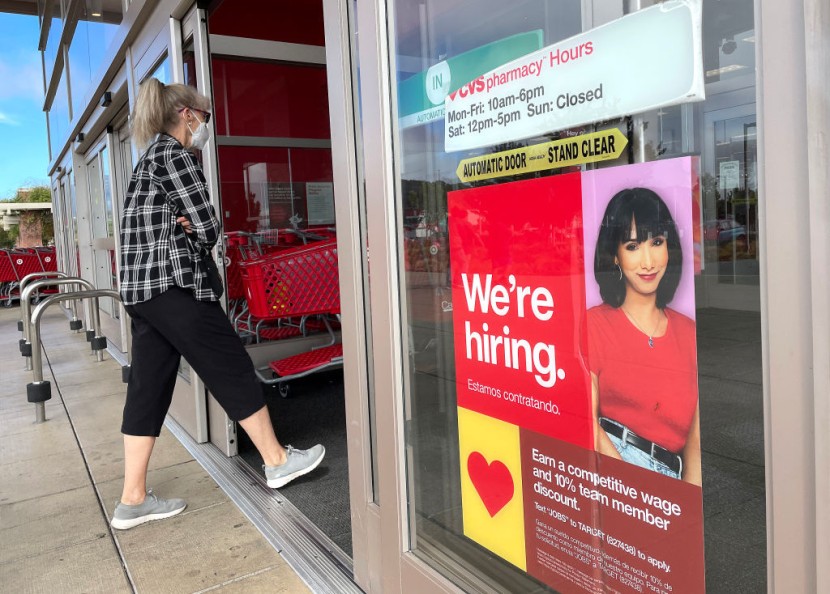
Companies in America reduced employment in August as a result of high inflation, increasing interest rates, and lackluster consumer spending, all of which have dimmed the outlook for the economy.
The government stated Friday that the economy added 315,000 jobs in August, which was fewer than the 526,000 jobs gained in July and less than the average increase over the previous three months, according to AP News.
The unemployment rate increased to 3.7% from a half-century low of 3.5% in July as more people actively sought employment but were unsuccessful in doing so immediately.
The Federal Reserve will likely be pleased with the less significant rise in August. In an effort to slow down hiring and wage growth, which have been consistently robust, the Fed is quickly boosting interest rates. The expense of increasing salaries is often passed on to customers in the form of higher pricing, which contributes to inflation.
In order to lower inflation from a near-40-year peak, Fed officials want to increase borrowing costs across the economy. However, other analysts worry that the Fed's harsh lending restrictions would ultimately push the economy into a recession.
An Indication of US Economic Growth
The strong employment growth predicted for last month would indicate that the economy is still growing even if the GNP shrank in the first half of the year. It is also an indication that despite front-loading rate increases, the Fed still needs to chill the job market.
Will Compernolle, a senior economist at FHN Financial in New York, said: "If we're still talking about job growth of 300,000, and an unemployment rate of around three-and-a-half, or 3.6%, I think the Fed really thinks that the labor market can absorb more aggressive tightening."
"We're pretty far from any pain as far as the labor market is concerned," he added.
Payroll growth predictions varied from a low of 75,000 to a high of 450,000. Forecasters kept the unemployment rate at its pre-pandemic low of 3.5%.
Despite the hazy economic picture, workers are still highly needed. On the final day of July, there were 11.2 million unfilled positions or two for every jobless individual.
Small Businesses Help Boost Hiring
While media attention was focused on the layoffs of major corporations, according to other economists, small businesses were actively recruiting. In addition, they believed that robust employment in the services industry, which was severely impacted by the epidemic, was necessary to combat inflation, per Reuters.
According to Ann Elizabeth Konkel, a senior economist at Indeed Hiring Lab, the labor market has survived the Fed's attempts to slow the economy even as the central bank attempts to lower inflation in part by reducing demand for employees and delaying pay growth.
The central bank raised its benchmark interest rate by 0.75% each time it met in June and July-dramatic increases last seen in 1994, per ABC News.
Konkel noted: "We aren't seeing the employer demand get tamped down.Your interpretation of it in a macro sense depends on what hat you're wearing."
She added that those workers that see "a strong labor market" could "negotiate a higher wage or flexibility on work location. If you're the Fed, it means your job just got tougher."
Related Article : Biden Blasts 'MAGA Extremism' for Attacking US Democracy as Midterm Elections Draws Near
© 2025 HNGN, All rights reserved. Do not reproduce without permission.








